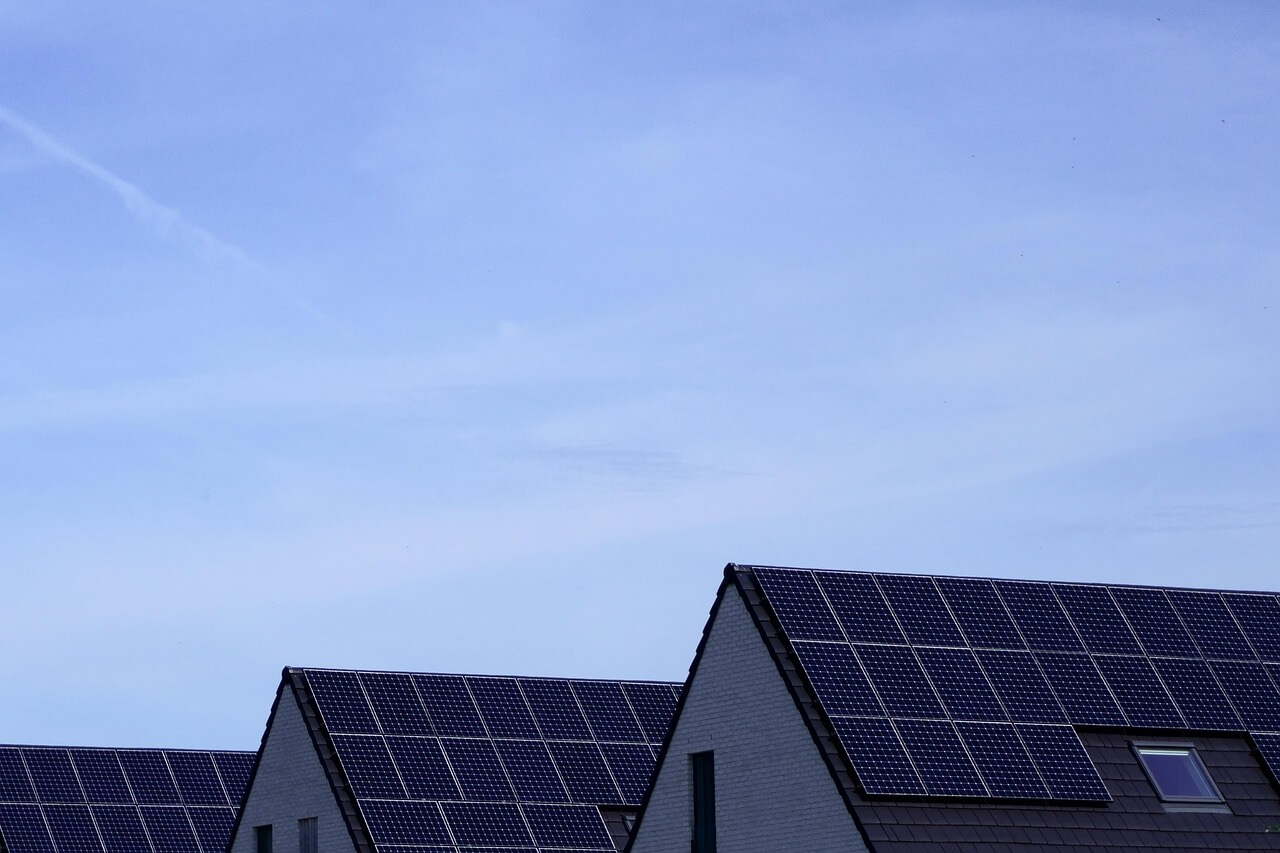According to media reports, overseas ESS demand has experienced explosive growth this year, leading to a sharp increase in orders for domestic battery cell enterprises. Factories are operating at full capacity. The market-oriented reforms for new energy on-grid tariffs have been implemented. Some ESS companies even report that "even price hikes can't secure orders," with battery cells in "severe shortage."
CITIC Securities research indicates that as overseas energy transitions accelerate, the rising share of new energy has driven demand for flexible regulation resources. ESS markets in regions like Europe and the U.S. are poised for significant demand expansion. China's ESS industry chain holds clear advantages, with battery cells and energy storage systems continuously gaining global market share. Most overseas ESS producers heavily rely on China's supply chain, facing operational challenges amid policy uncertainties. At this stage, overseas ESS markets present prominent investment value, with a focus recommended on leading producers in battery cells, PCS, and system integration segments of the global ESS supply chain.
Per data from the CLS Theme Library:
Narada Power began selling ESS products in 2008, achieved mass production in 2010, and expanded to overseas markets in 2014. The company has participated in nearly 500 ESS power station projects, boasting extensive industry experience and involvement in drafting global standards.
Farasis Energy has successfully developed ultra-high-capacity battery cells, offering ESS solutions that combine cost advantages with modular flexibility, addressing the pain point of low cycle times caused by swelling in prismatic cells.
Please note that this news is sourced Chinese content on https://www.cls.cn/detail/2135119 and translated by SMM.

![[SMM PV News] Armenia Hits 1.1 GW Solar Capacity,](https://imgqn.smm.cn/usercenter/qQwIB20251217171741.jpg)
![Spot Market and Domestic Inventory Brief Review (February 5, 2026) [SMM Silver Market Weekly Review]](https://imgqn.smm.cn/usercenter/tSwaX20251217171735.jpg)
